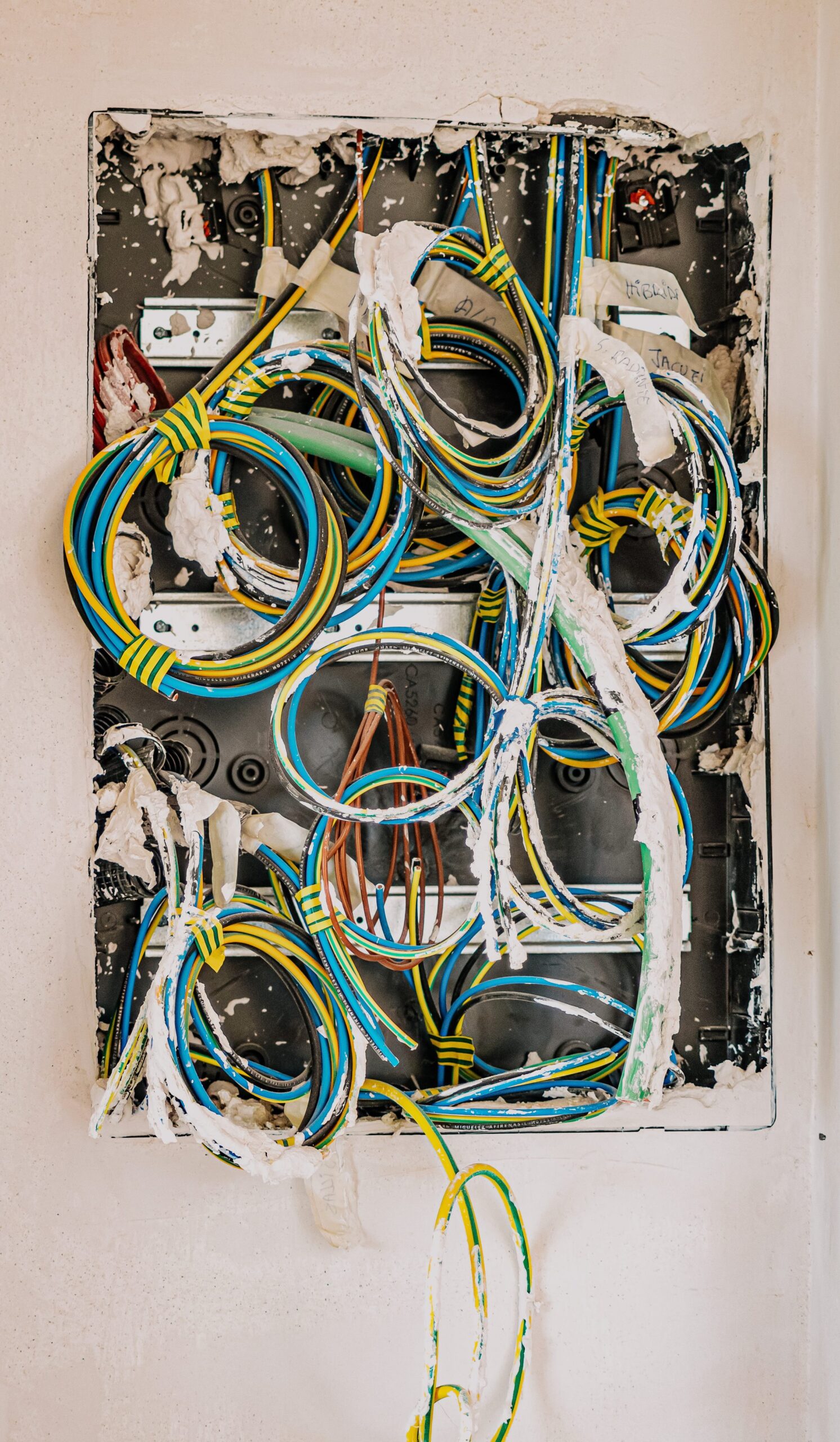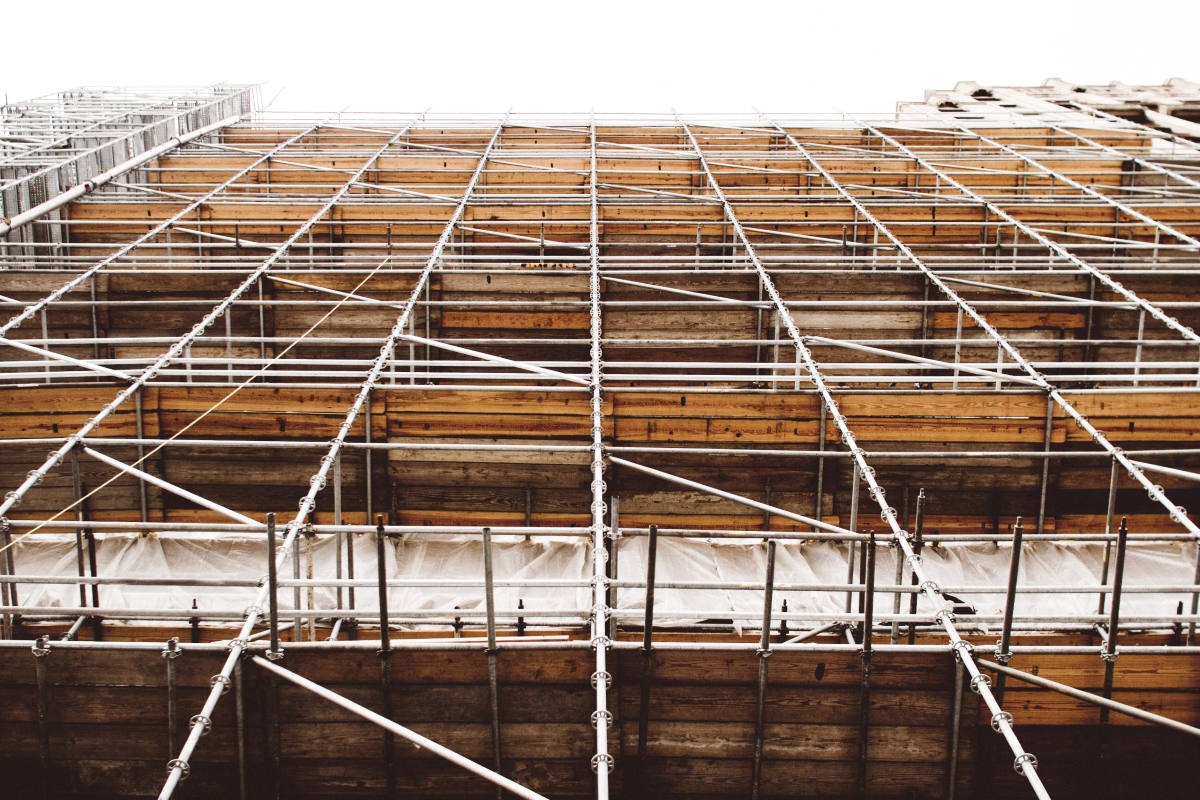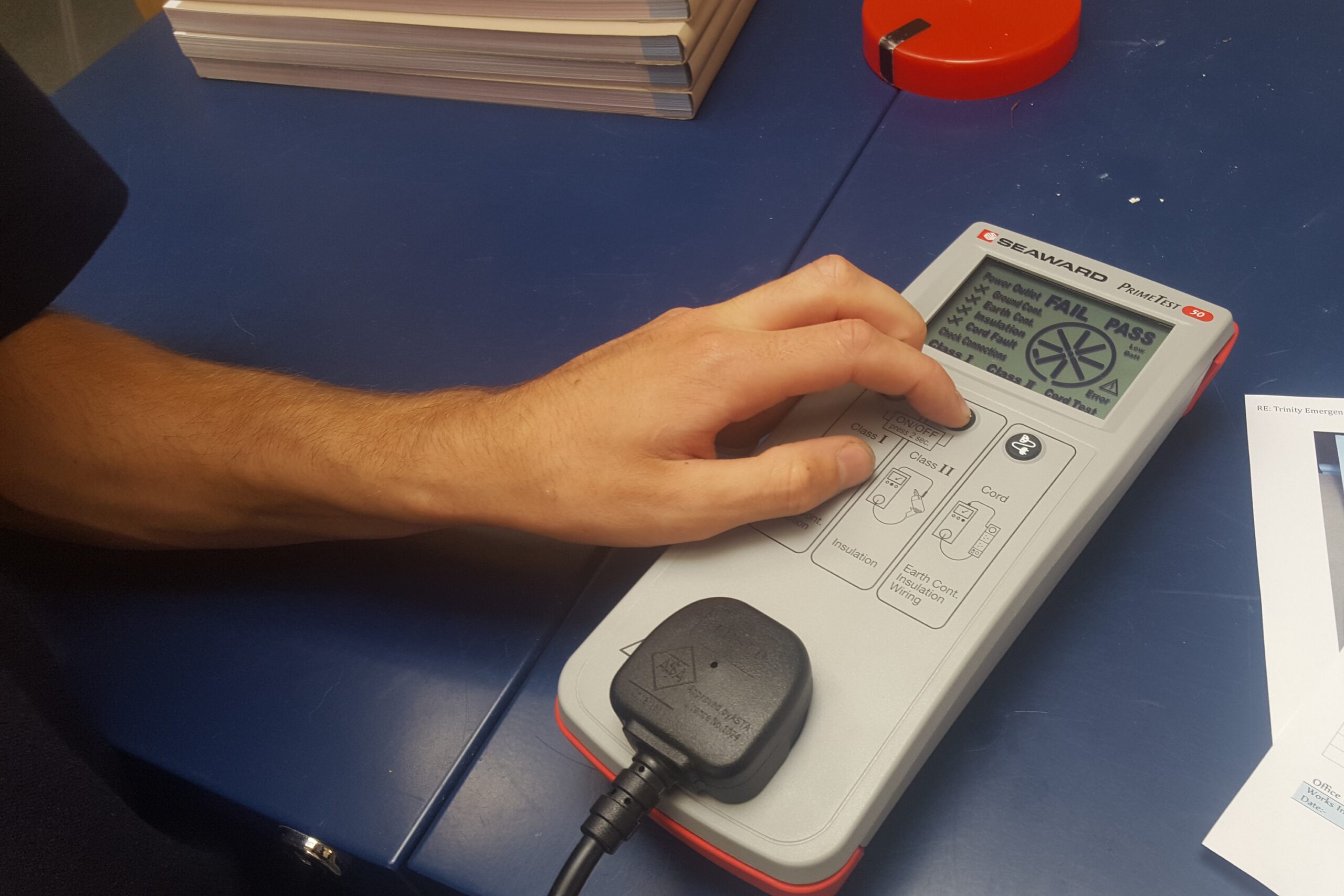Renovation work is a certainty in any property. Naturally, wear and tear take hold of a property, and things need to be upgraded over time. There will always be a need for renovation work, especially when it comes to commercial properties which see increased levels of general wear and tear. When looking to renovate a commercial property, it can be challenging to understand where the responsibility lies, whether it be with the landlord, tenant or business owner.
When it comes to who has responsibility for the maintenance of a commercial property, the answer is not as black and white as you may think. Many factors go into a commercial property renovation, and all have different levels of responsibility for different parties. This article will discuss where the responsibility lies when renovating a commercial property and how to approach this subject with your landlord or tenant.
Responsibility for Structural Renovation
Structural renovation is essential to a commercial property. With so many people occupying commercial premises, it is vital that the building is kept as safe and structurally sound as possible to ensure the safety of the occupants inside. When we look at the structural issues that can arise with a commercial building, the responsibility lies heavily on the shoulders of the landlord to fix any issues.
Commercial property landlords must deal with and repair any structural issues that arise, such as damage or general degradation of the foundations, flooring, exterior walls, etc. As the landlord owns the property, they are responsible for making all necessary structural repairs and amendments to the property when required.
Responsibility for Fixtures & Fittings
“Fixtures and fittings” is a category which can cover many items in a commercial property, so we will break this down. Any fixtures and fittings that are fixed to the walls and have anything to do with electricity or heating are the sole responsibility of the commercial landlord. As the owner of the building, it is their responsibility to ensure that all fixtures and fittings are installed safely and maintained to a high standard, keeping safety a priority.
Any other fixtures and fittings that do not fall into this category (e.g. pictures on walls, clocks, etc.) are the responsibility of the tenant to install and maintain. If any items like this break, it is the responsibility of the tenant to replace these.
Responsibility for Fire Safety Fixtures
Fire safety is an aspect of the property in which responsibility falls on both sides. As fire safety in general in a commercial property is the responsibility of a “responsible person” within the workplace, this will usually fall on the tenant or business owner.
While it is the business owner’s responsibility to maintain fire safety, it is the responsibility of the landlord to supply the necessary fire equipment for the building and all of the occupants. It is also the responsibility of the landlord to renovate and maintain any communal areas within a commercial property, as these areas belong to no business exclusively. When a renovation takes place in any part of the building, it is the responsibility of the business owner to supply all necessary fire equipment.
Responsibility for Electrical Renovations
Working with electricity and renovating electrical works within a building can be extremely dangerous. For this reason, tenants should never complete electrical renovation work within the building. Under the Landlord and Tenants Act 1985, it is the responsibility of the landlord to ensure all electrical works are carried out safely, as well as ensure all electrical components are maintained to a high standard.
While tenants are not responsible for the maintenance of any electrical fixings, they are responsible for any electrical property in the building they own. This relates to computers, electrical fans and other equipment that may be used in business operations.
Responsibility for Gas Works
The responsibility for gas works is much more fluid than anything we have discussed. It relies on the terms set out in the lease before the agreement was finalised. It will usually be the responsibility of the tenant to maintain gas equipment according to the instructions set out by the manufacturer. This also includes any gas equipment that the tenant has installed.
This will only differ if it is set out in terms of the lease. It is also the responsibility of the landlord to replace any damaged gas equipment they have had installed. Any equipment installed by the tenant is their responsibility alone.
Responsibility for Maintenance & Repairs
Responsibility for maintenance & repairs is split between building stakeholders. The difference is that the landlord will look after anything structural and will be responsible for renovating any structural items within the building, like floors and foundations. Anything that is non-structural will fall on the tenant. This includes items like air conditioning units and any plumbing issues.
This is on an individual basis and can vary depending on the terms set out in the lease at the time the property occupancy began. It is always wise to read through your lease to check which responsibilities you are obliged to take on.
Summary
We know it can be challenging to define where responsibility lies in a situation that can change so much on an individual basis. Although many variables relate to the responsibilities of the tenant and landlord, here is a summary of the responsibilities that will not change. The definitive responsibilities of the landlord are:
Structural renovations like flooring and foundations.
Replacement and maintenance of electrical equipment.
Fixtures and fittings attached to walls.
The primary responsibilities of the tenant or business owner that will rarely change are:
Fixtures not attached to walls.
Maintenance of gas equipment
Maintenance and inspection of fire equipment.
Contact Us
Are you a landlord or tenant and need help maintaining your commercial property? Here at Kiasu workforce, we’ve got you covered. If you’d like more information on the wide range of maintenance services we can offer or have any questions regarding the maintenance of your commercial property, get in touch!
Our team of property maintenance experts are on hand to answer any questions you may have and help you take the first step toward a stress-free property maintenance experience.
Related Articles
We hope you found this piece insightful and helpful. If you did, here are some of our other articles that we think may be perfect for you:
- When You Should (And Shouldn’t) Call An Emergency Plumber
- 4 Things You Need to Know Before Renovating a Property
- How Do Air Conditioning Systems Work?





